Orders of protection are orders that prevent people from doing certain things, and in some cases, require them to do other things. An order of protection may bar you from going to your home, seeing your kids and accessing your children’s school or medical records, and at the same time, it may require you to attend counseling and turn in your firearms to local law enforcement. Judges don’t typically issue orders of protection lightly – they consider many factors before they agree with someone that you need to be restricted from or ordered to participate in certain activities against your will. So what do judges consider for orders of protection? This guide explains.
Related: What does an order of protection prevent you from doing?
What Do Judges Consider for Orders of Protection?
When someone asks a judge to consider an order of protection against you, the judge will immediately look at:
- What type of abuse you’re accused of, as well as how severe it is and whether you have a pattern of committing abusive acts in the past
- Whether you tried to avoid being served with an emergency order of protection
- Whether you’re likely to abuse the petitioner (the person asking for the order of protection) in the future
- Whether you pose a threat to minor children
If the judge does not believe you’re a threat, they won’t issue an order of protection against you. However, judges often err on the side of caution; that means that if they believe you may be a threat, it’s “better safe than sorry.”
However, in order for a judge to issue an order of protection against a person, they must:
- Determine that your actions are likely to cause irreparable harm or continued abuse
- Find that the order of protection is necessary to protect someone else
- Have considered all the relevant factors in making a decision
Related: What’s a restraining order in Illinois?
Should You Bring a Lawyer to an Order of Protection Hearing?
You have the right to be represented by an attorney in any legal matter – and order of protection hearings are no different. In fact, you may want to bring your lawyer with you to your order of protection hearing, because you’ll have a chance to present your side of the story. Your attorney can do that for you in court.
Related: Could an order of protection stop you from seeing your kids?
Do You Need to Talk to an Attorney About Domestic Battery Defense?
If you need to talk to a domestic battery defense attorney in Illinois, we’re here to help. Call us at 847-920-4540 now – we’ll be happy to give you a free consultation and talk to you about your options.

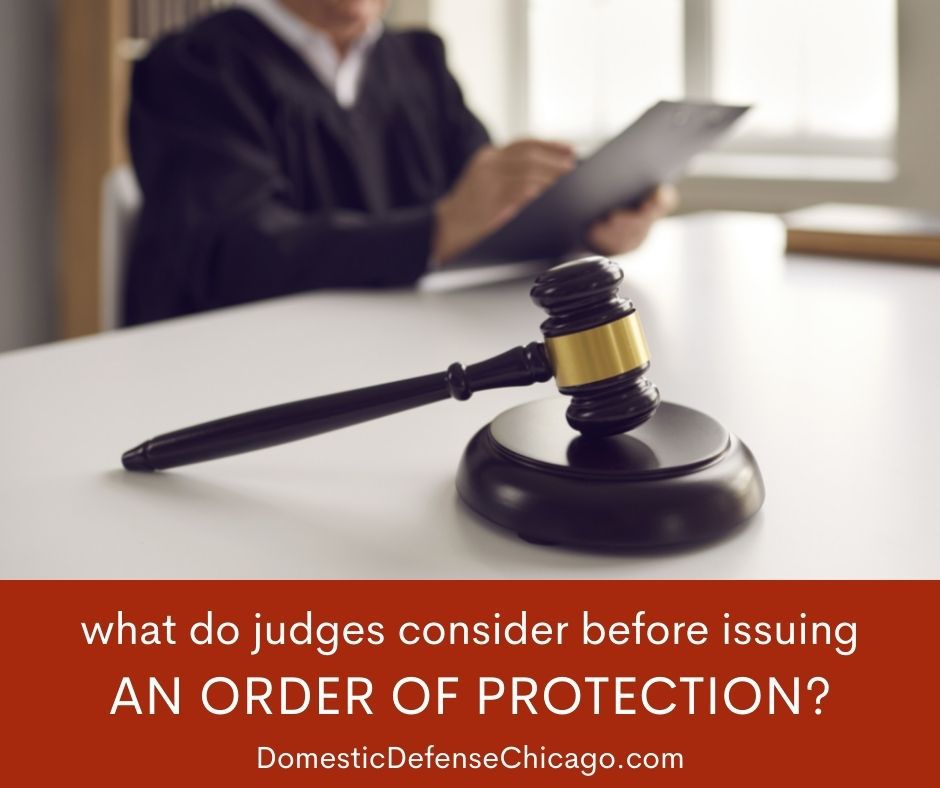
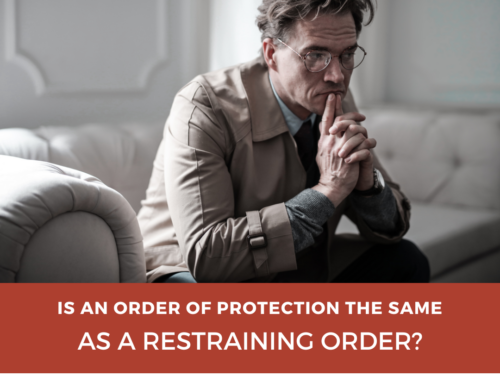
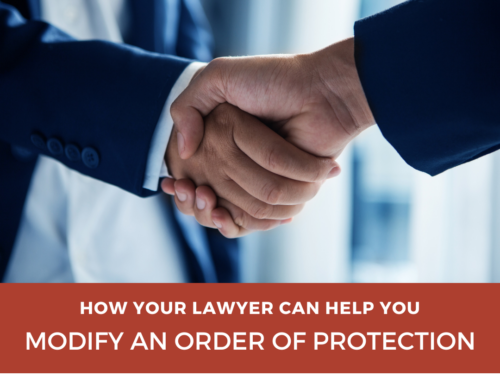
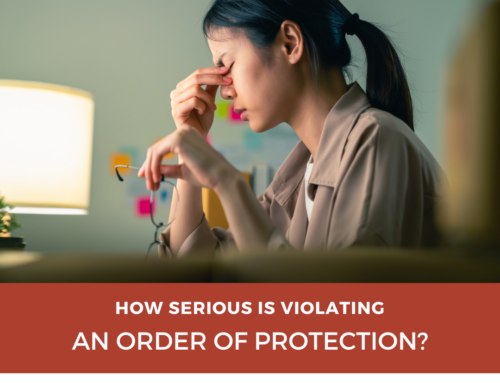
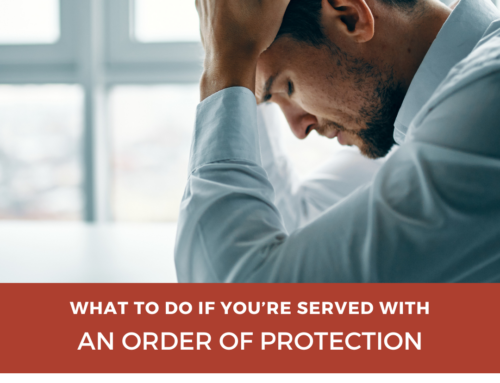

Leave A Comment
You must be logged in to post a comment.